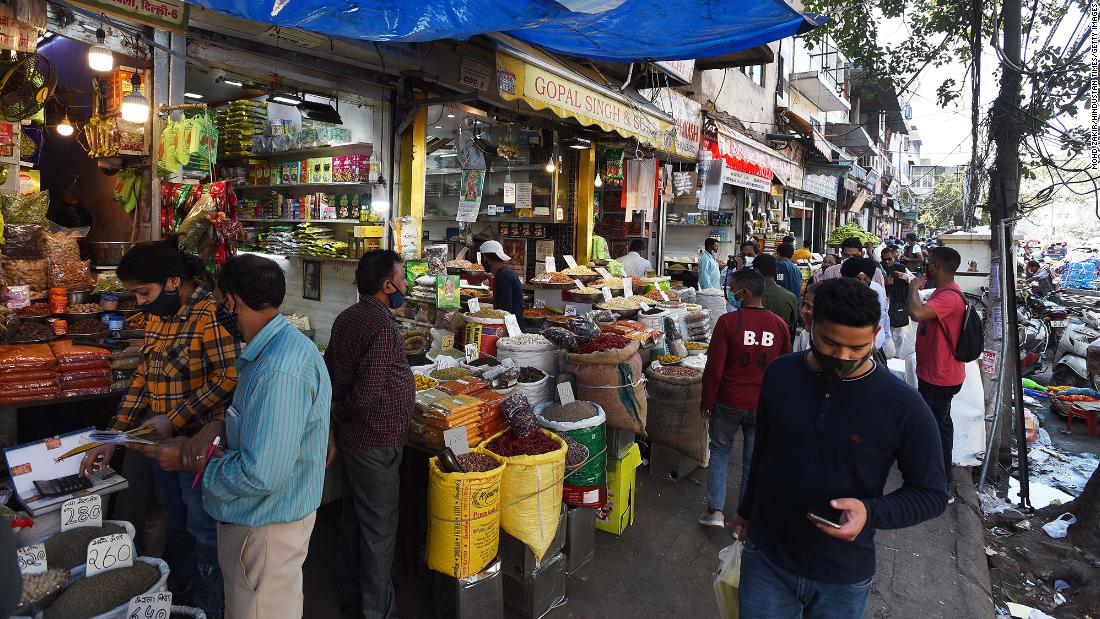
India’s gross domestic product is projected to increase by 12.6% during the country’s fiscal year from April onwards a forecast released Tuesday by the Organization for Economic Co-operation and Development.
The OECD also unveiled major upgrades to its global outlook on Tuesday, saying that “the economic outlook has improved significantly in recent months” thanks to the deployment of coronavirus vaccines and additional stimulus announcements. The Paris-based agency also said there were signs that recent containment measures were not doing as much damage to the economy as previous efforts.
“This may reflect a more careful approach to public health measures and income support,” the group said, adding that businesses and consumers have adapted to the limitations.
The OECD now expects the global economy to grow by 5.6% in 2021, compared to an estimate of just 1.4% in December.
US can grow by 6.5%
The United States economy is expected to grow by 6.5% this year, a significant improvement from a previous forecast of 3.3%. The agency noted the effects of “strong fiscal support” of President Joe Biden’s $ 1.9 trillion stimulus package.
But the outlook remains very uncertain due to the pandemic. The OECD noted that vaccine campaigns around the world are moving at different speeds, and there is still a chance of new mutations resisting vaccines.
The OECD recognized that price pressures are increasing on some fronts.
“A faster-than-expected recovery in demand, especially from China, coupled with a shortage of supply, has pushed up food and metal prices significantly, and oil prices have risen to average levels in 2019,” he said.
But the agency stressed that with a still weak economy and a weak labor market, central bankers need to pursue loose monetary policies that have spurred recovery even if inflation exceeds certain targets.
“Temporary factors driving up headline inflation do not justify changes in policy stance,” he said.